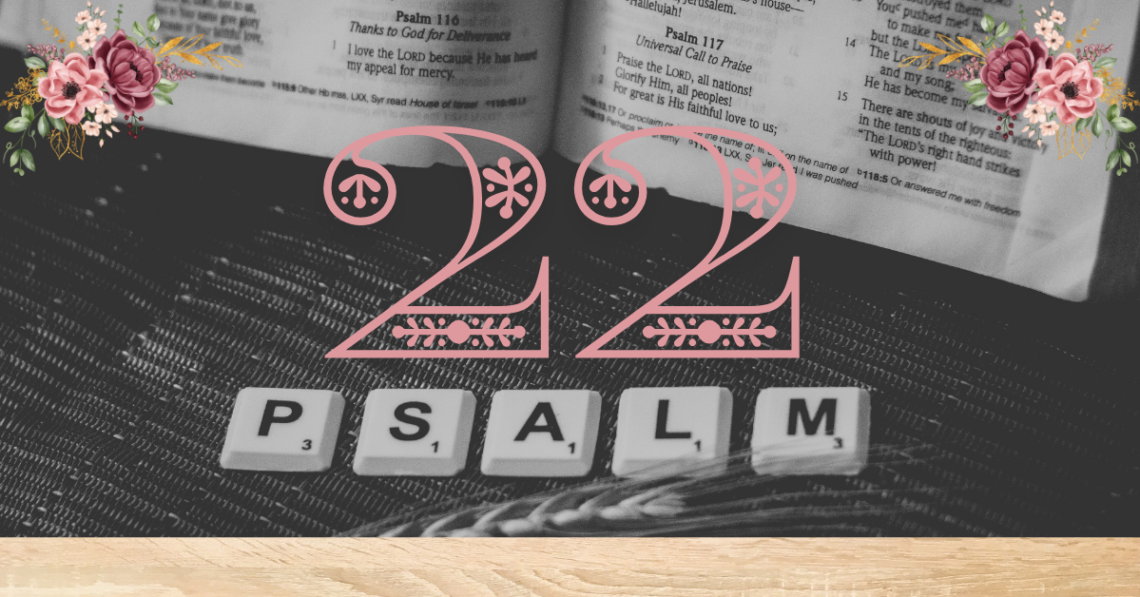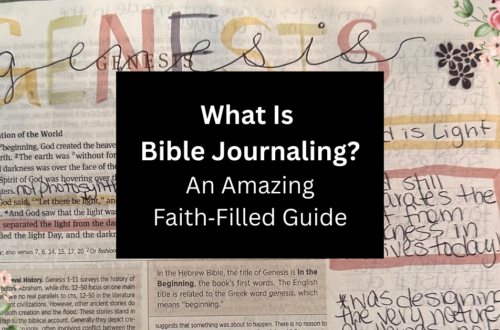Psalm 22 is a powerful and deeply emotional psalm attributed to David. It begins with a heartfelt cry for help in a time of distress and moves toward a declaration of trust in God’s faithfulness. This psalm is often recognized for its messianic elements, as Jesus quotes the opening line while on the cross. It foreshadows Christ’s suffering and ultimate victory, but it also provides us with a model of how to approach God in our times of anguish and uncertainty.
Background of Psalm 22
Psalm 22 is considered both a lament and a psalm of praise. David starts by expressing his feeling of abandonment, crying out to God for help, but as the psalm progresses, he shifts to praise, proclaiming that God has heard his cries and is faithful. The psalm is a mixture of personal anguish and faith in God’s deliverance. While David’s immediate circumstances may have inspired the psalm, it also speaks prophetically of the suffering and triumph of the Messiah, Jesus Christ.
This psalm is often referred to as a “messianic psalm” because of its vivid description of suffering and deliverance, which aligns closely with the crucifixion of Jesus. It bridges the gap between personal lament and universal hope in God’s salvation.
What Does Psalm 22 Mean?
Psalm 22 begins with a deep cry for help and a sense of abandonment, yet it concludes with a triumphant declaration of God’s faithfulness. It reveals both the vulnerability of the psalmist and his unwavering trust in God’s eventual rescue.
The structure of Psalm 22 can be outlined as follows:
- Verses 1–2: A cry of abandonment, feeling forsaken by God.
- Verses 3–5: A reminder of God’s faithfulness to the faithful in the past.
- Verses 6–21: A detailed expression of suffering, anguish, and desperation.
- Verses 22–31: A shift toward praise and trust in God’s salvation, anticipating the proclamation of God’s name to the nations.
Verse Mapping Psalm 22:1
“My God, my God, why have you abandoned me? Why are you so far from my deliverance and from my words of groaning?” (CSB)
- Word Study
- Abandoned – Feeling forsaken or deserted, a deep sense of loneliness and isolation.
- Deliverance – The act of being saved or rescued from danger, signifying God’s power to save in times of trouble.
- Groaning – A sound or expression of deep pain, distress, or frustration, a physical manifestation of emotional suffering.
- Cross-References
- Matthew 27:46 – Jesus quotes this verse from the cross, showing the connection to His own suffering.
- Psalm 10:1 – “Why, Lord, do you stand far off? Why do you hide in times of trouble?”
- Paraphrase Why, God, do You seem to have left me? Why are You so distant when I am desperately crying out for help?
- Application Even when we feel abandoned or distant from God, we can cry out to Him honestly, just as David did. God welcomes our raw emotions and our heartfelt pleas for help.
How Can We Apply Psalm 22 Today?
- Be Honest with God in Times of Distress Psalm 22 teaches us that it is okay to be honest with God about our pain and struggles. When we are facing hardship, we don’t need to hide our feelings. God invites us to come to Him with our burdens, expressing our deepest emotions.
- Remember God’s Faithfulness In the midst of suffering, it’s easy to feel alone, but Psalm 22 reminds us to reflect on God’s past faithfulness. Just as David recalled how God had been faithful to His people in the past, we can look back on times when God has come through for us and trust that He will do so again.
- Trust in God’s Deliverance The psalmist doesn’t just remain in despair but moves toward trust in God’s deliverance. Even when we feel abandoned, we can cling to the hope that God will ultimately deliver us from our troubles, just as He did for David and ultimately through Jesus.
- Praise God Even in the Valley Psalm 22 transitions from a cry of abandonment to a powerful declaration of God’s goodness and salvation. We too can choose to praise God even when we are in the midst of hardship, knowing that He is faithful to save and deliver us.
- Acknowledge Christ’s Suffering This psalm is a foreshadowing of the suffering Christ endured on the cross. As believers, we are called to remember Christ’s sacrifice for us, understanding that His suffering brings us the gift of salvation. Psalm 22 can remind us of the deep love God has for us, even when we go through suffering.
Reflection Questions
- When you are struggling, how do you express your pain to God? Are you honest with Him about your feelings?
- How can reflecting on God’s past faithfulness help you in your current situation?
- In what ways can you trust God’s deliverance even when you don’t see immediate results?
- How can you praise God, even in difficult circumstances?
A Closing Prayer
Lord, thank You for being a God who hears our cries, even when we feel abandoned. I bring my pain and sorrow before You and trust in Your faithfulness. Help me to remember Your past deliverances and praise You in the midst of my troubles. Thank You for the ultimate sacrifice of Jesus, who endured suffering for my sake. May I always trust in Your salvation and cling to the hope You provide. Amen.
Final Thoughts
Psalm 22 gives us a powerful example of how to navigate suffering with honesty, trust, and eventual praise. It reminds us that God is faithful to hear our cries, deliver us from our pain, and bring us to a place of victory. Even when we face feelings of abandonment, we can trust that God is with us, and He will deliver us in His perfect time.
Share the Truth
If you know someone who is struggling with feelings of abandonment or distress, share Psalm 22 with them. Encourage them to be honest with God about their pain, to remember His faithfulness, and to trust in His deliverance.





